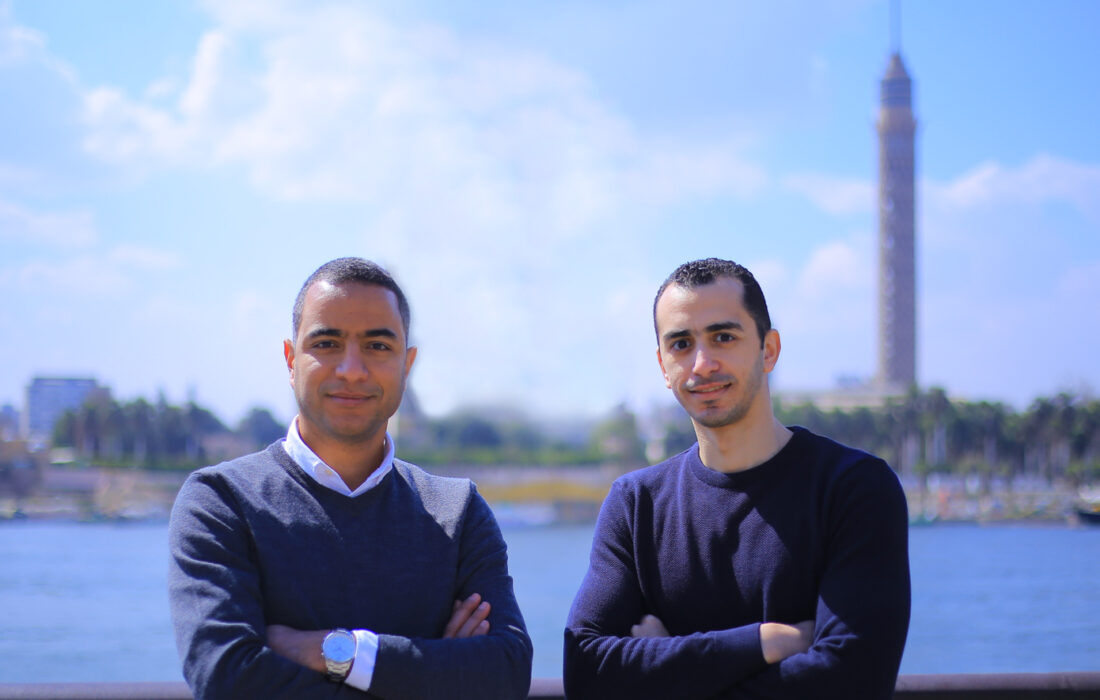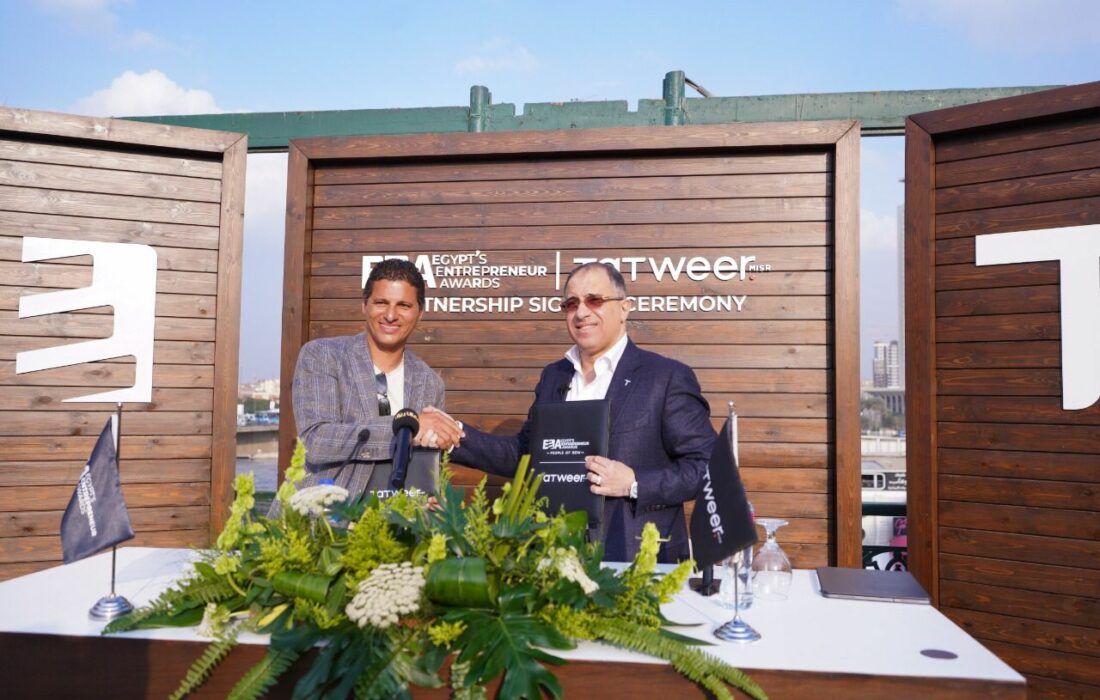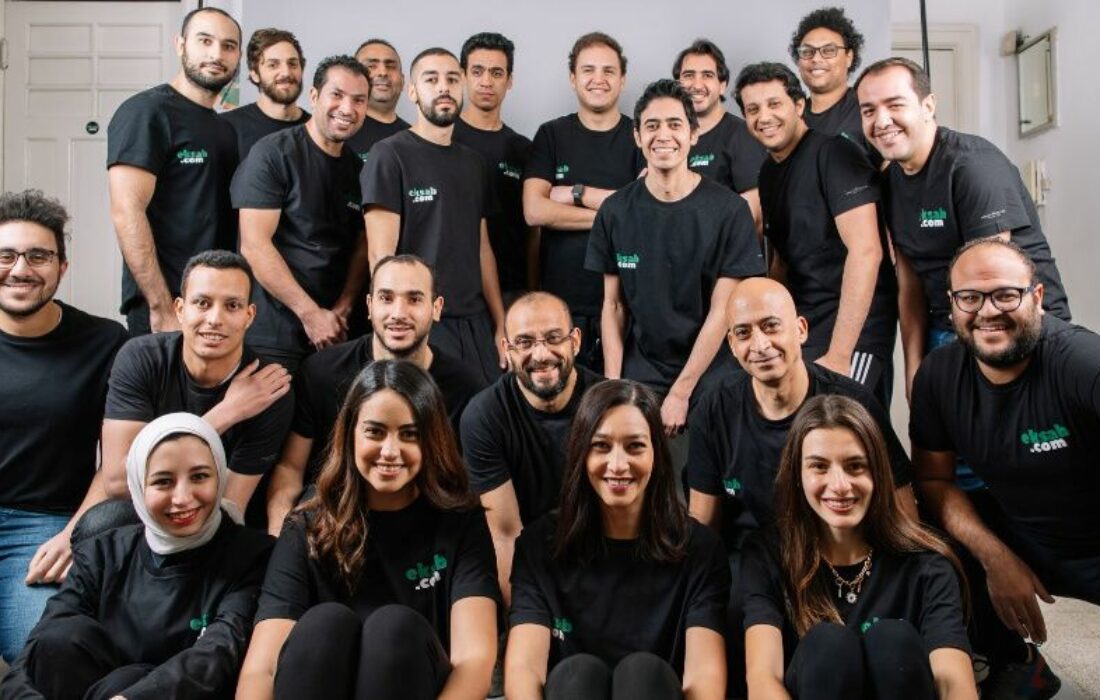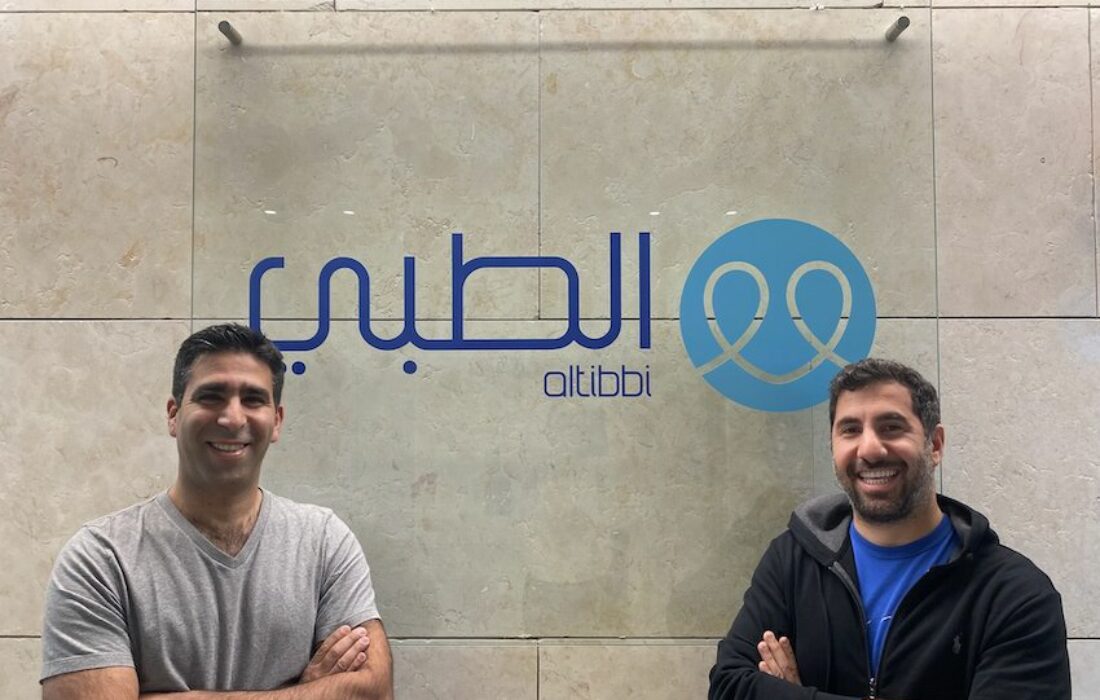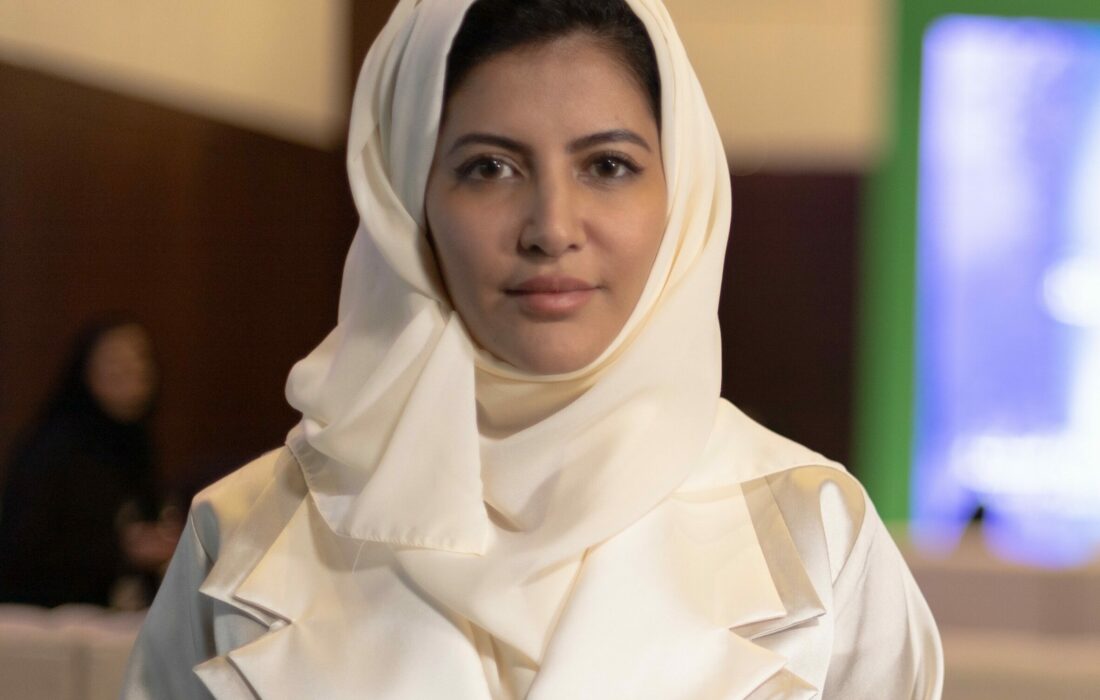Algebra Ventures, the Egyptian VC firm, announced in 2021 the launch of its $90 million second fund, dedicated to investing in startups with a focus on Egypt and an allocation for the MEA region. Last year, The European Bank for Reconstruction and Development (EBRD) approved a $15m equity commitment to Algebra Ventures’ second tech fund.
In a conversation with Omar Khashaba, General Partner at Algebra Ventures, he told Waya everything about his journey from a founder to a venture capital, Algebra’s strategy for fund 2 to what the life of a VC looks like.
What can we expect from Algebra in 2022?
Big things!
I think that obviously with a new fund comes a new vision and for fund II our vision is to really impact people’s lives. We think we have a unique opportunity to do that as a leading venture capital firm in Egypt because a lot of the innovations that have the opportunity to reach massive scale are innovations that are building infrastructure for people.
Infrastructure in different arenas whether it’s in healthcare, education, in financial inclusion or otherwise transportation, logistics, you name it.
Our success is not just measured in terms of returns we generate but are we able to impact millions of people in Egypt and that’s really our mission and core to why we do what we do.
How is Algebra’s Fund 1 different from Fund 2?
Fund 2 is really going to be focused on Egypt so we’ll continue to double down on our positioning as a leading VC firm in Egypt but we’re also going to be investing in Sub-Saharan Africa.
One of the things we want to do in Fund 2 is actively work with people who are thinking of starting companies whereas previously we were focused on Series A. We are now squarely doing everything from Pre-seed and Seed all the way to Series B with a focus and emphasis on Seed and Series A.
What criteria do you use to decide to invest in a startup?
The quality of the founder is really the number one thing. I am a firm believer in a founder-first approach to investing. It doesn’t always matter as much what the initial idea is of course it’s important but it’s not nearly as important as what you believe in the potential of that founder and his or her ability to execute.
In fact I’m happy to back founders even when the idea is not super fleshed out or even when it looks initially like the company might pivot a couple times just because in those instances ’m really betting on that individual founder and not the initial model necessarily.
This is a very long-term relationship so it’s important to be very comfortable with the person that you’re working with.
How did your experience as a founder shape your approach to venture capital?
My experience as a founder has a profound impact on how I approach venture capital. I don’t think I would have been able to make the transition from associate to partner in such a relatively short period of time without having the first-hand experience of a founder.
I think being in the trenches teaches you two things: you have a much higher level of empathy for the kinds of struggles that founders go through on a day-to-day basis. I think the danger when you’re sitting on a board and you’ve never run a company or you’ve never been a founder is things can sometimes be very theoretical.
If you see something out of place or would like to contribute to this story, check out our Ethics and Policy section.





